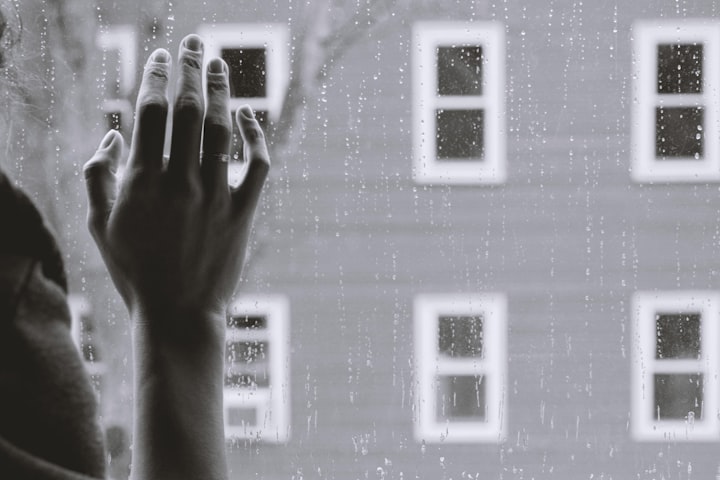
Grief is an inevitable part of life, a complex emotional experience that follows losing a loved one, a relationship, or even a job. While everyone grieves differently, the importance of seeking professional help or the support of a good friend cannot be overstated. Unfortunately, many individuals face grief without the necessary support, leaving them vulnerable to various mental and physical health issues. This article will explore the dangers of facing grief alone and the importance of seeking help.
The Grieving Process
Grieving is a natural and essential process that allows individuals to come to terms with their loss, adapt to a new reality, and ultimately heal. However, grief can be a messy and complicated experience, often characterized by various stages such as denial, anger, bargaining, depression, and acceptance. For some, the grieving process can take months or even years; without proper support, it can be challenging to navigate this emotional journey.
The Dangers of Facing Grief Alone
- Prolonged grief disorder: When an individual faces grief without support, they may be at risk of developing prolonged grief disorder (PGD), a condition characterized by intense and persistent grief that lasts longer than six months. According to a study published in JAMA Psychiatry (2021), approximately 10% of bereaved individuals develop PGD, which can significantly impact their mental and physical health.
- Depression and anxiety: Grieving without support can also increase the risk of developing depression and anxiety. A study in The Lancet Psychiatry (2017) found that individuals who lost a partner and did not have adequate social support were more likely to experience major depressive episodes in the following years.
- Substance abuse: Grieving individuals may resort to self-medication through drugs or alcohol to numb their pain, increasing the risk of substance abuse. A study in the Journal of Abnormal Psychology (2015) showed that bereaved individuals with low social support were likelier to develop alcohol use disorder than those with high social support.
- Physical health problems: The stress and emotional turmoil of grieving without support can severely affect physical health. Research published in Psychosomatic Medicine (2012) revealed that bereaved individuals with low social support were at a higher risk of developing cardiovascular disease and had increased mortality rates.
- Social isolation: Grieving alone can lead to social isolation. Individuals may withdraw from friends and family, further exacerbating loneliness and despair.
The Importance of Seeking Help
Seeking professional help or leaning on the support of a good friend can make a significant difference in the grieving process. Trained professionals, such as therapists or grief counselors, can provide guidance and coping strategies tailored to the individual's unique experience. In addition, a good friend can offer a listening ear, emotional support, and a sense of stability during a difficult time.
Moreover, support groups can be invaluable for grieving. They provide a safe space to share experiences, find understanding and connect with others who have faced similar losses.
Taking the First Step
Reaching out for help can be difficult, especially when overwhelmed by grief. However, it is essential to prioritize self-care and recognize that seeking support is not a sign of weakness. Friends, family, and mental health professionals are there to help navigate the complexities of grief and facilitate healing.
In short, the dangers of facing grief without professional help or the support of a good friend cannot be ignored. However, by seeking assistance during this challenging time, individuals can better cope with their loss and reduce the risk of mental and physical health problems.
Remember, there is no shame in seeking help; it is a sign of strength and resilience. Reach out to a trusted friend or a mental health professional, or join a support group to ensure you don't face the grieving process alone. With the right support, you can find a way to heal and move forward healthily and constructively.
About the Creator
Edy Zoo
Edy Zoo is an author who writes about social subjects. He contributes to the ever-growing library of social critics.






Comments
There are no comments for this story
Be the first to respond and start the conversation.